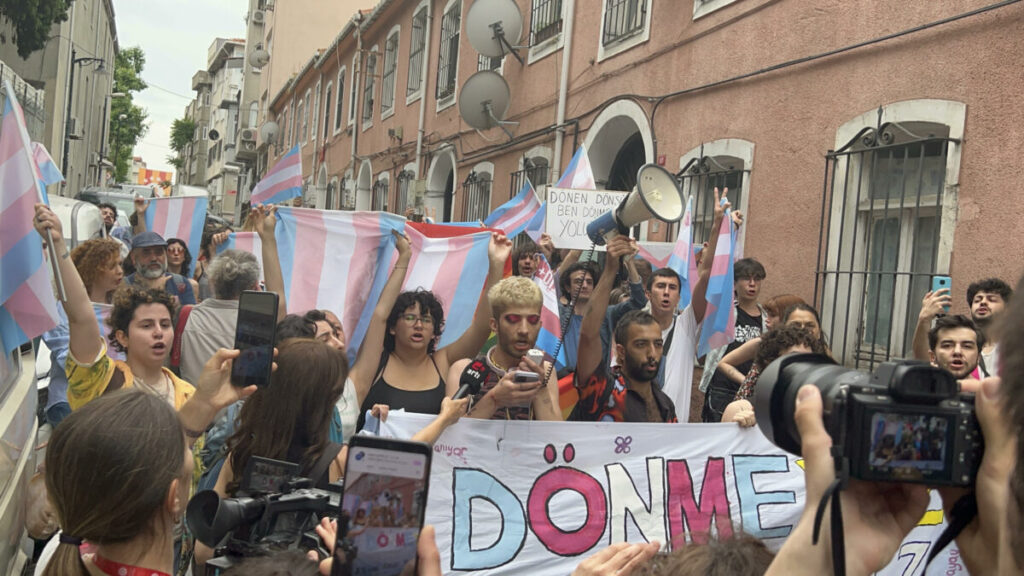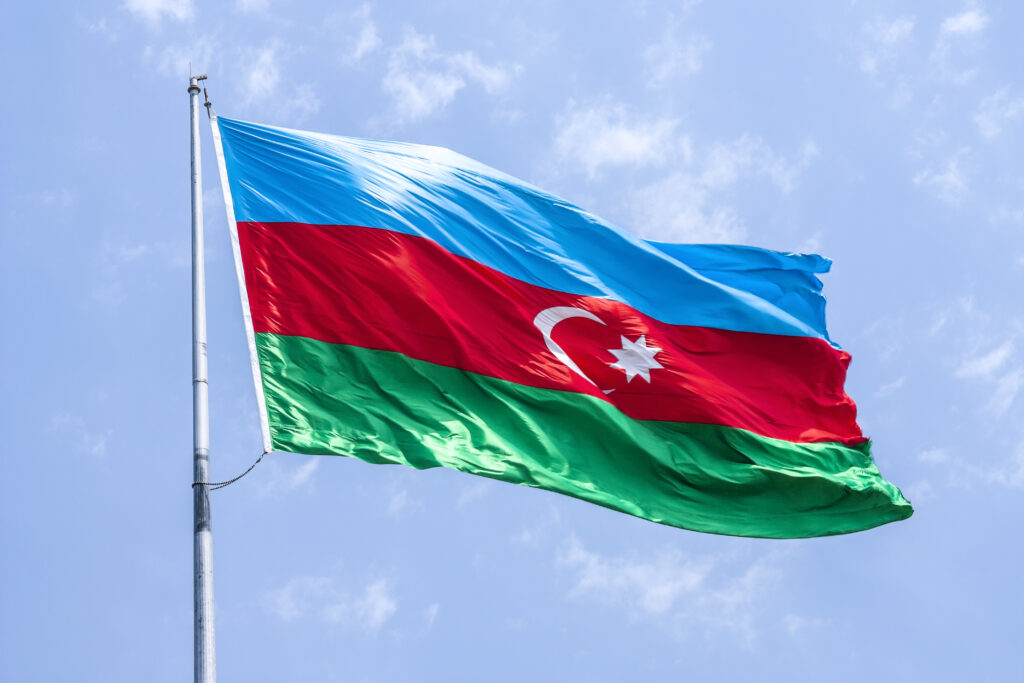Joint Statement: European Court confirms requirement for legal gender recognition in Bulgaria despite rejected complaint

TGEU, ILGA-Europe, Bilitis, and the Bulgarian Helsinki Committee welcome the European Court of Human Rights’ confirmation of Bulgaria’s obligation to provide for reliable legal gender recognition. However, we regret that the Court found the individual complaint to be inadmissible.
On 4 July 2024, the Court published its decision on the revision of the Y.T. v Bulgaria case, which was originally decided in 2020. While the Court concluded that the applicant had failed to inform the Court at the time of his success in obtaining legal gender recognition from another Bulgarian court and therefore retroactively found the case to be inadmissible, it still emphasised that Bulgaria is obliged to set up a robust legal framework for legal gender recognition (LGR), as confirmed in the later case of P.H. v Bulgaria (2022).
It is important to point out that the applicant had followed the rules and exhausted all domestic remedies in one set of proceedings and he was unable to obtain LGR. Considering the importance of having his identity documents match his gender identity, in the circumstances where timely remedy from the Court was not clear, the applicant then resorted to seeking LGR through other courts. While the applicant eventually successfully achieved LGR, the overall process proved that there is a lack of a quick, transparent and accessible procedure in Bulgaria.
The Court also indirectly criticised a decision from the Bulgarian Supreme Court of Cassation that effectively bans legal gender recognition for anyone in the country.
Member of the jury, Judge Šimáčková issued a remarkable dissenting opinion. She focused on both the human impact on the individual and the systemic failings of the Bulgarian government to remedy the situation.
TGEU, ILGA-Europe, Bilitis, and the Bulgarian Helsinki Committee jointly intervened in the case at the time and informed Council of Europe supervision authorities of the systemic failure of Bulgarian authorities to provide for legal gender recognition.
Our organisations express deep concern over Bulgarian authorities’ priorities. Instead of addressing the underlying human rights violations, the government decided to invest in having this judgement overturned. This does not change the situation at hand and does not relieve Bulgaria from its obligation to rectify it.
The situation for trans people seeking LGR in Bulgaria is dire. 94% of trans respondents from Bulgaria said they had not changed their legal gender. Whereas, 26% would like to do so in the future. 39% said that changing legal gender was not possible in their country, according to the 3rd FRA LGBTI Survey from 2023.
In 2023, the Council of Europe Committee of Ministers (CoM ), the supervising authority in the case, expressed deep regret over the lack of action by the Bulgarian authorities to rapidly elaborate legislative amendments introducing a Convention-compliant procedure for legal gender recognition. Taking into account the gravity of the situation and the uncertainty faced by trans people in Bulgaria who want to obtain LGR, the CoM exceptionally requested Bulgarian authorities to consider the possibility of adopting interim measures to allow legal gender recognition.
Background
In the original case, Y.T., a trans man from Bulgaria, had challenged the inability to change his name and gender marker in Bulgaria before the Court in 2016 as a violation of his convention rights. In 2020, the ECtHR found that Bulgaria breached the applicant’s right to private life, as protected under Article 8 ECHR, and confirmed that there is no system in Bulgaria in place for adapting documents corresponding to CoE standards (quick, transparent, accessible).
Y.T. is a “leading case” as it pointed out a systematic problem. In another “repetitive” case, P.H. v Bulgaria, the Court confirmed its findings from Y.T.
In December 2023, the Bulgarian government requested a revision of the Y.T. case as the applicant had been able to receive legal gender recognition before another Bulgarian court while the European Court of Human Rights deliberated on the case.
Four years after the original decision in Y.T., the Bulgarian government has still not implemented a process that ensures trans people have access to quick, transparent and accessible legal gender recognition procedures.
On the contrary, in February 2023, the Bulgarian Supreme Court of Cassation ruled that legal gender recognition is not possible in the Bulgarian legal framework.
During the implementation process, no visible signs of progress or political will are detectable.
The dissenting opinion
In her remarkable dissenting opinion, Judge Šimáčková, empathises with the human cost and the systemic adverse situation for trans people in Bulgaria. She critiques an over-formalistic and rigorous assessment by her fellow judges. She points out that the applicant was in a very distressing situation and fought not only for himself but for others in a similar situation in the country. Moreover, the applicant should not have been punished for formalistic reasons that the responsible legal representative should have known. She suggests that the Court could have instead reduced the compensation awarded to the individual and reviewed the relevant legal framework, which had at first been patchy and since 2022 completely inhibiting legal gender recognition.
More info
Find out more about the original case: https://tgeu.org/third-party-intervention-in-y-t-v-bulgaria-case/
2024 Decision in Revision in Y.T. v Bulgaria: https://hudoc.echr.coe.int/?i=001-234521
2020 Original decision in Y.T. v Bulgaria (french only): Y.T. c. BULGARIE (coe.int)
Joint submission in the implementation process of Y.T. v Bulgaria: https://hudoc.exec.coe.int/?i=DH-DD(2023)1015E
Learn about the situation of trans people in Bulgaria here and here
























